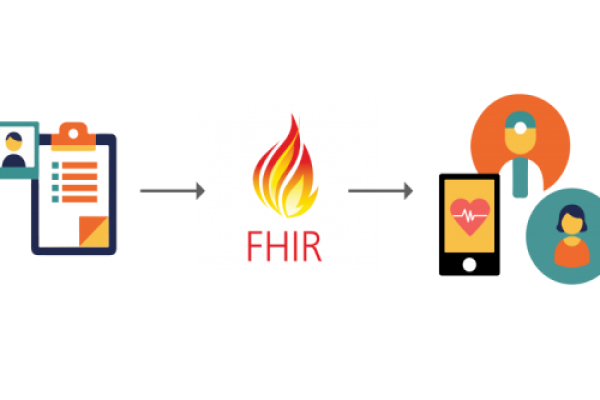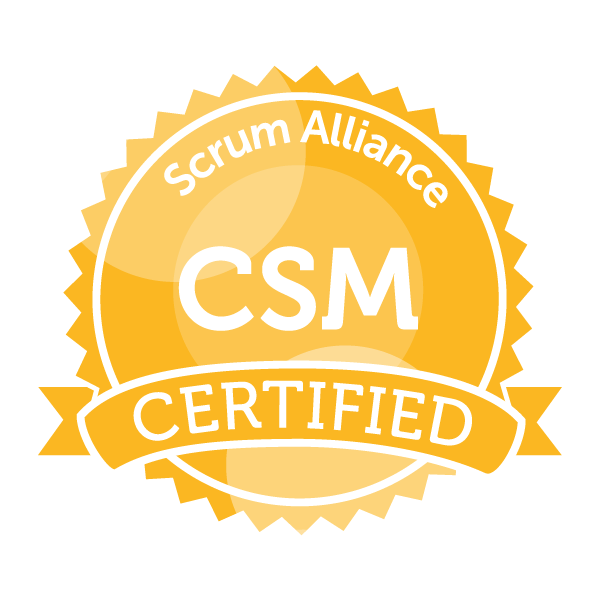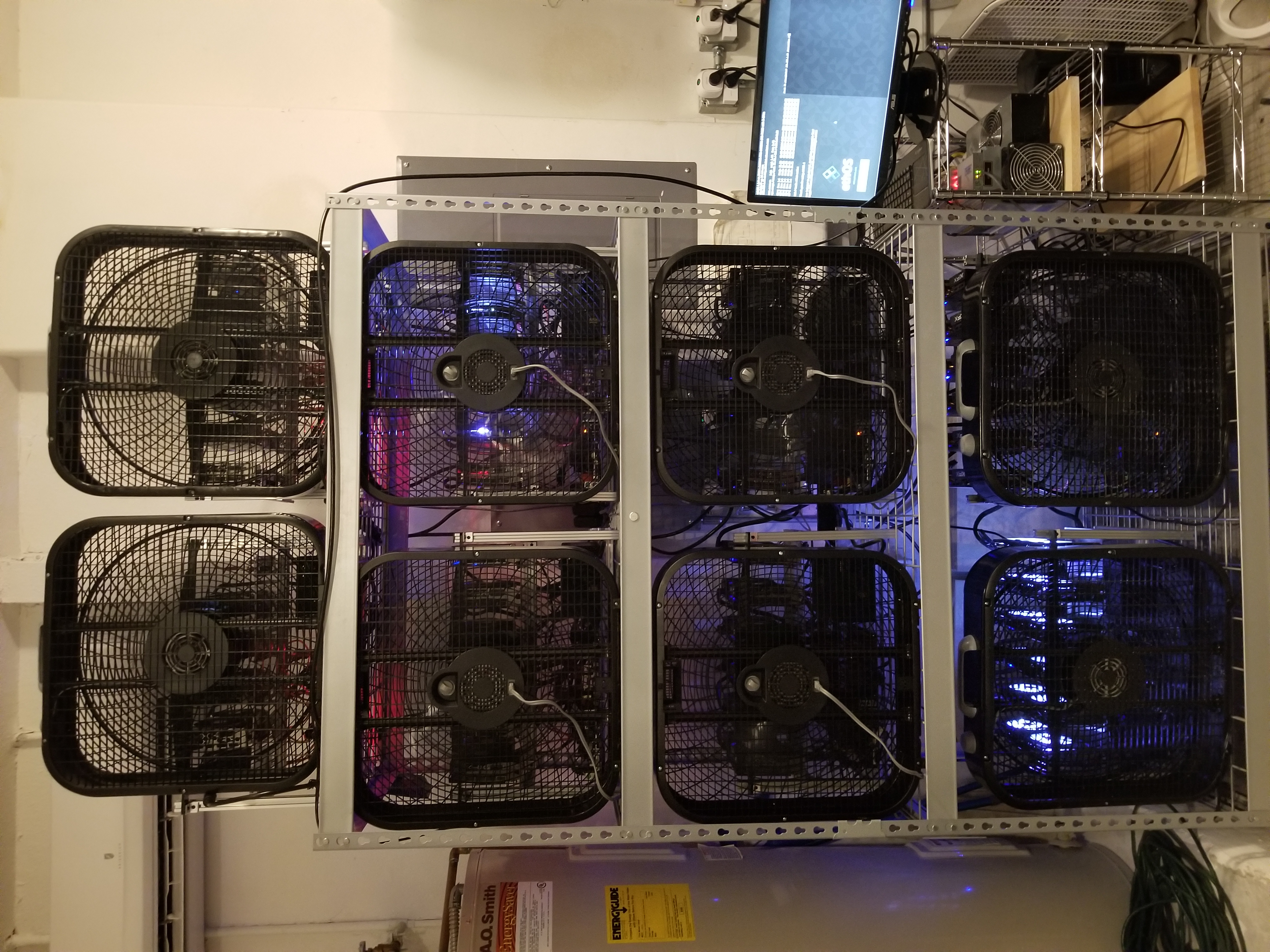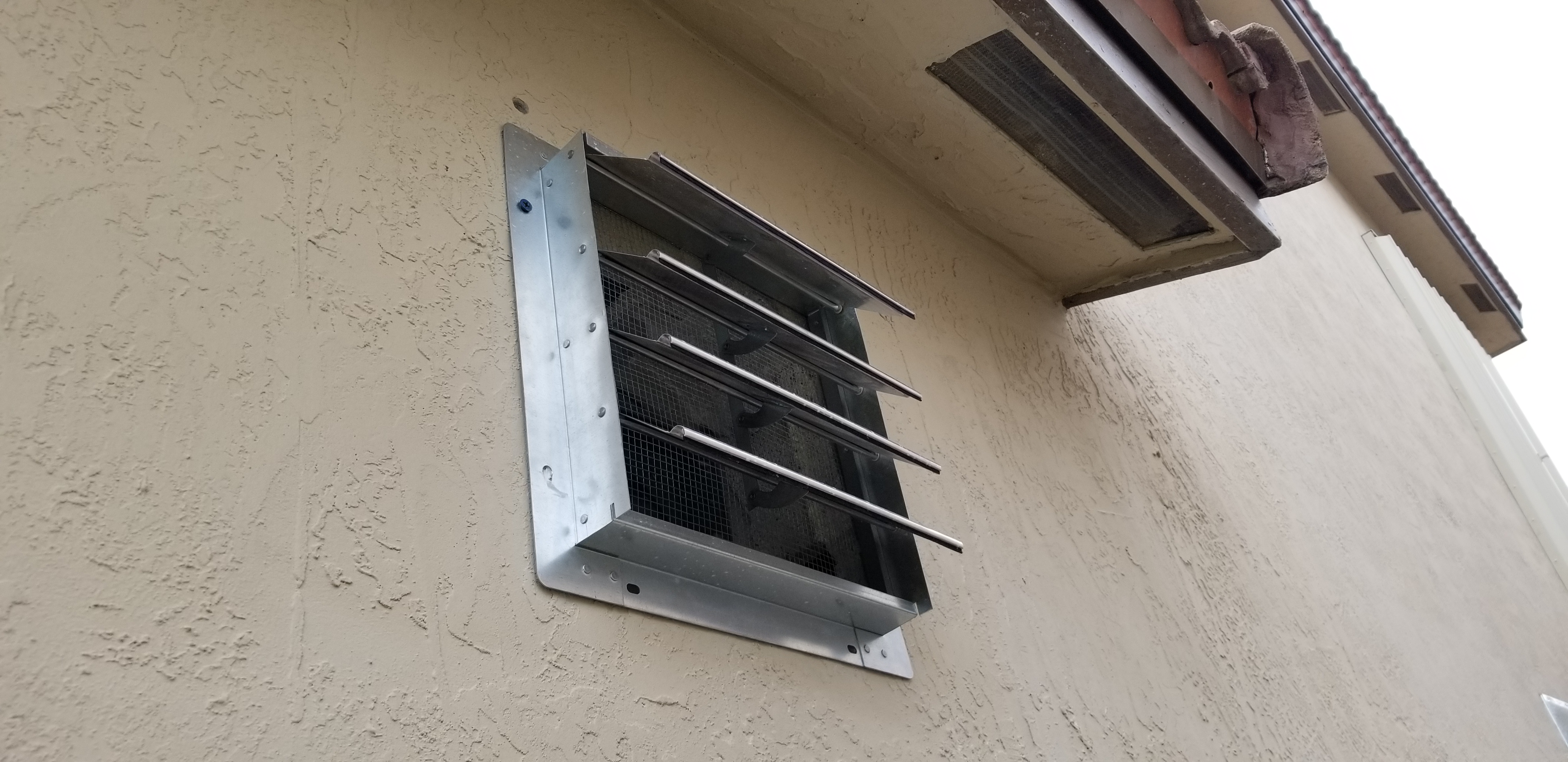I've been leading my current organizations technology strategy for many years. Some of it has dealt with virtualization, the cloud, database and infrastruture but
my main focus has been on integrating the EMR, upgrading to new software, building new technologies and creating "systemness" within a large healthcare organiztion. As the Principal
Architect I create the solutions to our largest problems like how do we integrate a Cancer Institute and optimize revenue. How do we optimize our outpatient centers to bill out of
another system. How do we create a new Patient Portal and overlay it with our EMR and existing Portal. How do we make a non-encounter based Ambulatory EMR talk to our encounter based
Acute EMR and ensure documentation is available to our patients and clinicians. How do we migrate off an EMR at one hospital and onto our centralized EMR. All these things I have done
and led either as the Director of the Teams involved or as the Principal Architect. One of my greater accomplishments was opening our Miami Cancer Institute where I was the Project Director
and Lead Architect. In this role I was simulataneously involved in running our Integration, Automation and Database Teams, co-leading the centralization of our registration system, architecting
the Cancer Institutes technology platforms from literally the ground up and reporting in directly to the CIO and COO of the Cancer Institute on progress. We completed on time and on budget and
I also led the data migration off of their Medical Oncology system so patient data was available in our EMR on Live day.
If your looking for someone who has lived the transition from legacy EMR's, stumbled through but met Meaningful Use objectives, passionately researched and advised on build versus buy options, and implemented or migrated off of multiple EMR's drop me a line. I've pretty much seen it all at this point and I understand how healthcare "ticks". I can and will draw out the plans, engage technical and operational teams and research into problems and future technologies. Heck last week I found a spelling mistake in an offshore resources GET /Encounter who was trying to add an extension in FHIR.
I can go deep or I can draw the pretty picture everyone needs for the lightbulb to go off...
If your looking for someone who has lived the transition from legacy EMR's, stumbled through but met Meaningful Use objectives, passionately researched and advised on build versus buy options, and implemented or migrated off of multiple EMR's drop me a line. I've pretty much seen it all at this point and I understand how healthcare "ticks". I can and will draw out the plans, engage technical and operational teams and research into problems and future technologies. Heck last week I found a spelling mistake in an offshore resources GET /Encounter who was trying to add an extension in FHIR.
I can go deep or I can draw the pretty picture everyone needs for the lightbulb to go off...
If your going to advise (and/or argue passionately for a direction) it's important to understand the underlying architecture of a Healthcare System, how it affects your business, your care givers and most
importantly, your patients. A Healthcare system is ALIVE! It is constantly flowing with critical data between systems within your network and outside. That data, its accuracy, timeliness and security are extremely important. Access to that data is also critical. However it's not just given away. Tapping into an EMR's data flow can occur several ways, all which have advantages and disadvantages. If you are going to custom develop a solution be prepared to understand what is actually available and via which of the several protocols out there.
I've been involved in all sorts of healthcare architecture challenges over the years from installing LIS and RIS systems to building patient portals to automating and storing documents and faxes. In some cases I've architected a interim solution to save millions until the final solution can be implemented. Many times this is harder as you have to explain, in painstaking detail, why it needs to be this way for now. To create these types of solutions you need to have a mix of understanding healthcare clinical workflows, registration, billing, HL7 integration, FHIR, automation, EMR capabilities and you need to know that whatever solution you devise, a registration person, coder, clinician or other healthcare operations person is going to have to work with it.
Technically I'm all over the place. I know how to stand up and size servers in the cloud, install and implement small HL7 connected systems to entire EMR's, determine the resources and calls needed for a specific system account to access our data via FHIR, write CCL to find problems in the database, setup a VPN with our external SaaS vendors and internal networking team and in general get things done.
I've been involved in all sorts of healthcare architecture challenges over the years from installing LIS and RIS systems to building patient portals to automating and storing documents and faxes. In some cases I've architected a interim solution to save millions until the final solution can be implemented. Many times this is harder as you have to explain, in painstaking detail, why it needs to be this way for now. To create these types of solutions you need to have a mix of understanding healthcare clinical workflows, registration, billing, HL7 integration, FHIR, automation, EMR capabilities and you need to know that whatever solution you devise, a registration person, coder, clinician or other healthcare operations person is going to have to work with it.
Technically I'm all over the place. I know how to stand up and size servers in the cloud, install and implement small HL7 connected systems to entire EMR's, determine the resources and calls needed for a specific system account to access our data via FHIR, write CCL to find problems in the database, setup a VPN with our external SaaS vendors and internal networking team and in general get things done.
I've been implementing systems and EMR's for about 20 years now. Starting with the good ole SMS Invision Mainframe to Oracle/Cerner's latest release of Millennium and Soarian Financials. I've basically grown up in the SMS to Siemens to Cerner to Oracle Health environment but essentailly all healthcare systems work the same way. Just mix and match your solutions. Currently I am the Principal Architect for our data migration and cutover for a new Invision based hospital we are bringing onto Millennium. The whole organization uses a tech matrix developed by me which is used to determine cutover strategy for each application, required interfaces, testing scenarios, contracting and, most importantly, accountability for the EMR migration. Our latest cutover is a disparate hospital system that will be joining us net new. For this Live event I'm planning a 1 month earlier Live in the Dark event where we'll integrate the systems that will be net new for pre-reging and ease into the actual Live with minimized data flowing. I'm working tomorrow to start the migration of 1 million patients into our system where I am going to facilitate the whole transition by reusung their existing MRN, creating a net new CMRN(EMPI) and provisioning a historical encounter to tie all the previous clinical data to. (Update: Live went as planned and came up 2 hours before schedule!) Ask me how historical PACS links were handled! :) EMR migrations and hospital lives are huge deals with huge financial impacts and you need a strong team of dedicated professionals to do it. Accountability is key which is why having a defined and up to date technology matrix is critical for each health system. While this page is a lot of me... I've certainly worked with and built great teams along the way. It always takes a village.

I've had the pleasure of spending the last 20 years working with HL7 standards to architect multiple infrastructures to support health care integration. This includes implementing and administering integration engines, designing interfaces, migrating EMR's and hospital systems, devising patient identifier solutions and integrating and implementing literally hundreds of third party systems. If its health care IT related I have probably seen it and implemented it or very similar. I have managed the project workload of three interface teams at three different hospital systems using 3 different Integration Engines over the years. Besides the lack of sleep its fun and involves everything from standard HL7/VPN interfaces to FHIR based integrations. Throw in a little Mainframe action at one of our locations and I'm current with technology from 1978 up to 2024! :) 
My current focus is bringing forward an API First approach to integration where possible. While the vast majority of health care IT implementations will require integration via HL7 MLLP interfaces for the next several years whereever there is opportunity to utilize FHIR capabilities and Restful webservices I am pushing where I can to enable this functionality. This includes BETA relationships with vendors who are working to add functionality to their applications via FHIR in addition to HL7 integration. I'm proud to be our enterprise FHIR SME. |

Leading large projects and enterprise strategy has been the bulk of my duties of late but I am a programmer by schooling. I like to get in deep and I like to look at the code (or write it). Lately I've been playing around with this website and deciding what I want to jump back into. I like Visual Studio and am tinkering with either c# or Java for my next project on top of a SQL Server. Still not a fan of no-sql databases but I do like working with json. Let's see what happens. |

I became a ScrumMaster in 2021 and a CSPO last year. I have incorporated many of the things I learned during the cert at work specifically focusing on collaboration. Additionally I do work with my teams to clear obstacles everyday... possibly the most important job of a ScrumMaster! I know and use Jira (created Epics, etc) and Confluence and have my teams migrating from Teams to Confluence (somewhat). It's a constant mess to be honest. Right now everyday I have folks in Teams, Slack, Jira, Confluence and SharePoint. I think my phone makes a noise every 30 seconds on average...lol I'm not here to say Agile is always the answer nor is going to save the world, but hey if it is, I'm certified. :) |

I was involved heavily with crypto currencies at one point. Part interest technically and part looking into the future of money. While I fully believe in it over the long term I spend much less time with it these days. At one point I had my whole garage insulated, air conditioned, ventilated and had a whole automated monitoring and power solution for when I was away. Ran it for almost 5 years. While I would have made much, much, more money just investing (insert crying face here) I knew I couldn't lose any money mining. lol I'm certainly a better technologist than investor! Anyways here are a few pics of my little data center. At one point my ETH hashrated was around 2000 mh/s and I was also mining litecoin as well (louder/hotter and not as profitable). It was fun and I built many rigs with my oldest son and also taught some folks at work over a few beers.   |